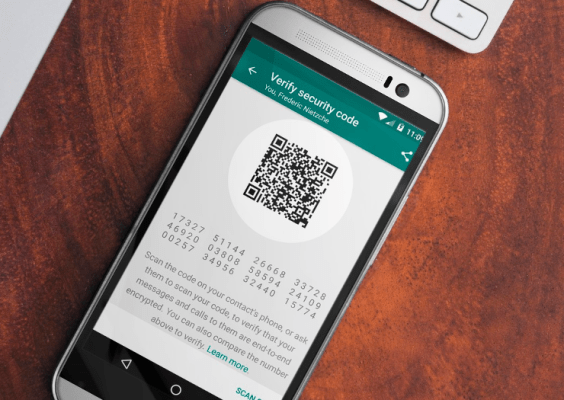Access to WhatsApp has been restored in Brazil, roughly 24 hours after telecom providers began blocking the messaging app in response to a court order. A judge in the Brazilian state of Sergipe ordered local phone carriers to block access to WhatsApp for 72 hours, but his ruling was overturned on appeal.
Mark Zuckerberg celebrated the end of the countrywide ban and called on Brazilian citizens to support legislation that would prevent a ban from happening again.
“WhatsApp is now back online in Brazil! Your voices have been heard once again. Thank you to our community for helping resolve this,” Zuckerberg wrote in a Facebook post. “That said, the idea that everyone in Brazil can be denied freedom to communicate the way they want is very scary in a democracy. You and your friends can help make sure this never happens again, and I hope you get involved,” he added, calling on Brazilian citizens to show up before the nation’s Congress tomorrow and support the introduction of laws that would prevent courts from blocking services like WhatsApp.
“Brazilians have been leaders in connecting the world and creating an open internet for many years. I hope you make your voice heard now and demand change,” Zuckerberg wrote, linking to an event hosted by the Internet Freedom Caucus. He also linked to a Change.org petition against the WhatsApp block, which calls on Brazil’s Congress to support a free and open Internet and has already garnered over 100,000 signatures.
Prior to yesterday’s ban, WhatsApp access was last cut off in December. That block lasted only 12 hours and was the result of a similar dispute over government demands for WhatsApp data. WhatsApp has argued that it cannot provide the data because it is encrypted.
A WhatsApp spokesperson told TechCrunch that banning the service “punishes more than 100 million Brazilians who rely on our service to communicate, run their businesses, and more, in order to force us to turn over information we repeatedly said we don’t have.”
During the block, Brazilian users turned to other encrypted messaging platforms like Telegram and iMessage, and used VPN services to access WhatsApp.
